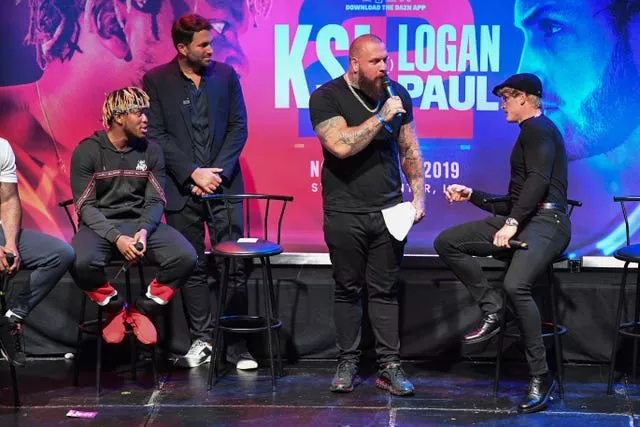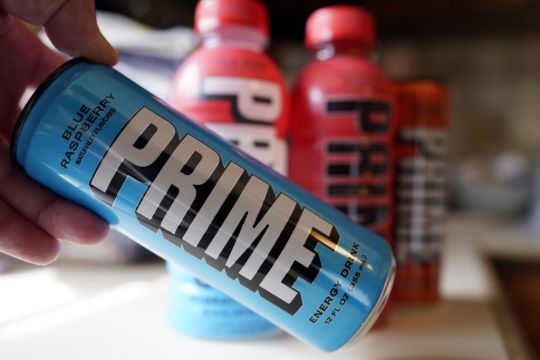A caffeinated energy drink being promoted by American social media influencers is set to be recalled in Canada.
Health Canada said that at 200 milligrams of caffeine per can, Prime Energy exceeds the regulator’s acceptable caffeine limit of 180 milligrams per serving and should not be sold.
On Sunday, US Senator Charles Schumer called on the Food and Drug Administration (FDA) to investigate Prime, a beverage brand founded by YouTube stars Logan Paul and KSI that has become something of an obsession among the influencers’ legions of young followers.
Health Canada said it is aware that some shops may be selling Prime Energy – which is different from the widely available Prime Hydration drink – without approval.

It said caffeinated energy drinks are considered supplemented food and are therefore regulated by the Canadian Food Inspection Agency.
Both agencies are working to address the issue, Health Canada said in an email.
Prime Hydration is the non-caffeinated and bottled version of the canned beverage Prime Energy.
They are among multiple other brands of energy drinks popular among children and teenagers.
Backed by two of YouTube’s best known stars, Prime was an immediate sensation when it launched last year, prompting long queues.
Advertising itself as zero sugar and vegan, the neon-coloured cans are among a growing number of energy drinks with elevated levels of caffeine; in Prime’s case, 200 milligrams per 12 ounces, equivalent to about half a dozen Coke cans or nearly two Red Bulls.
Health Canada recommends a maximum of 2.5 milligrams of caffeine per kilogram of body weight for youths up to the age of 18.
By comparison, a can of Coke has 34 milligrams of caffeine.
That high content prompted bans from some schools in the United Kingdom and Australia where some paediatricians warned of possible health effects on young children such as heart problems, anxiety and digestive issues.
The FDA said in a statement on Monday that it was reviewing Mr Schumer’s letter and would respond to the senator directly.
A company representative said their energy drink, which comes with a warning label that it is “not recommended for children under 18″, contains a comparable level of caffeine to other competitors.







